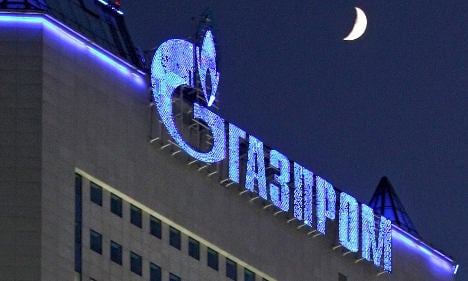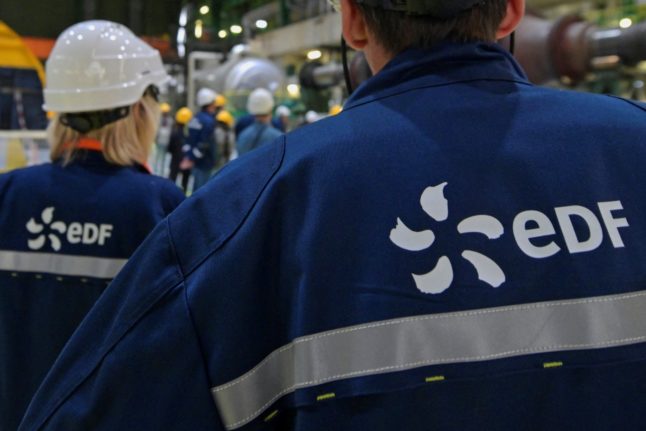Despite public misgivings about such business, Rösler told the Financial Times Deutschland (FTD) Gazprom would get a warm welcome from Germany’s business and economic top ranks.
“Openness to foreign investors is one of the reasons of our economic success in Germany,” he said.
“In principle I therefore welcome it when a Russian business like Gazprom is ready to become more involved in the German gas market.”
Last week German energy giant RWE said it would work towards closer cooperation with Gazprom, with the CEOs of both companies signing a declaration to this effect on Thursday.
The companies intend to negotiate forming a joint venture which would handle the currently-owned or to-be-built coal and gas power stations not only in Germany but also the UK and Benelux countries. A potential purchase of RWE shares by Gazprom is also being discussed, the FTD said on Monday.
Der Spiegel reported over the weekend that Merkel and Medvedev were set to discuss the planned cooperation during Tuesday’s governmental consultation meeting in Hannover.
The FTD said that there was significant opposition to the idea within local governments of districts where RWE is based.
Yet Rösler said there was great need for investment in Germany. “We stand before great challenges over the next few years, in order to manage the change in energy use,” he said, referring to the plan to make Germany nuclear free by 2022.
“Therefore we need above all, new capacity with gas power stations. It could be helpful if Gazprom becomes involved.”
Russia is already Germany’s most important gas supplier, accounting for 39 percent of Germany gas imports last year, according to the FTD.
Former Chancellor Gerhard Schröder controversially took a board job with a Gazprom subsidiary company not long after leaving office, during which he maintained notably friendly relations with then Russian President, now Prime Minister Vladimir Putin.
He has since taken up a seat on the board of Russian oil company TNK-BP and was recently in the frame for a Gazprom supervisory board position.
The Local/hc



 Please whitelist us to continue reading.
Please whitelist us to continue reading.
Member comments